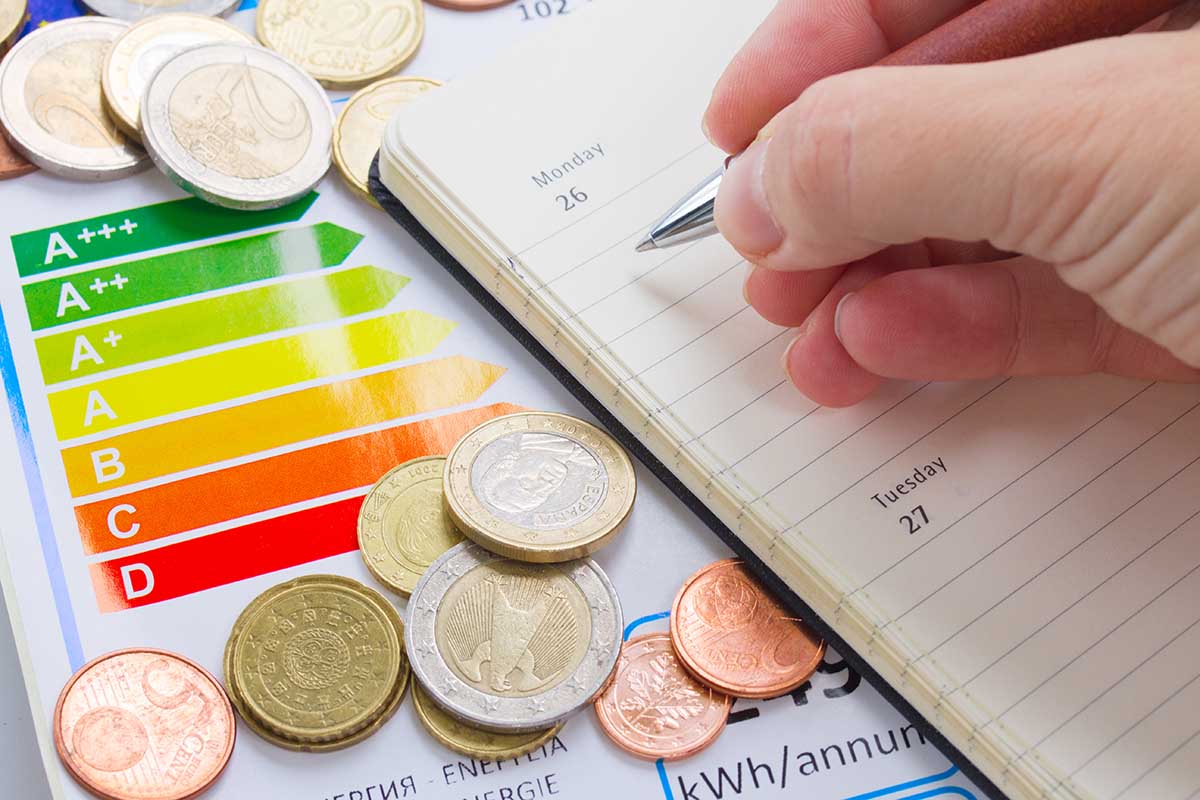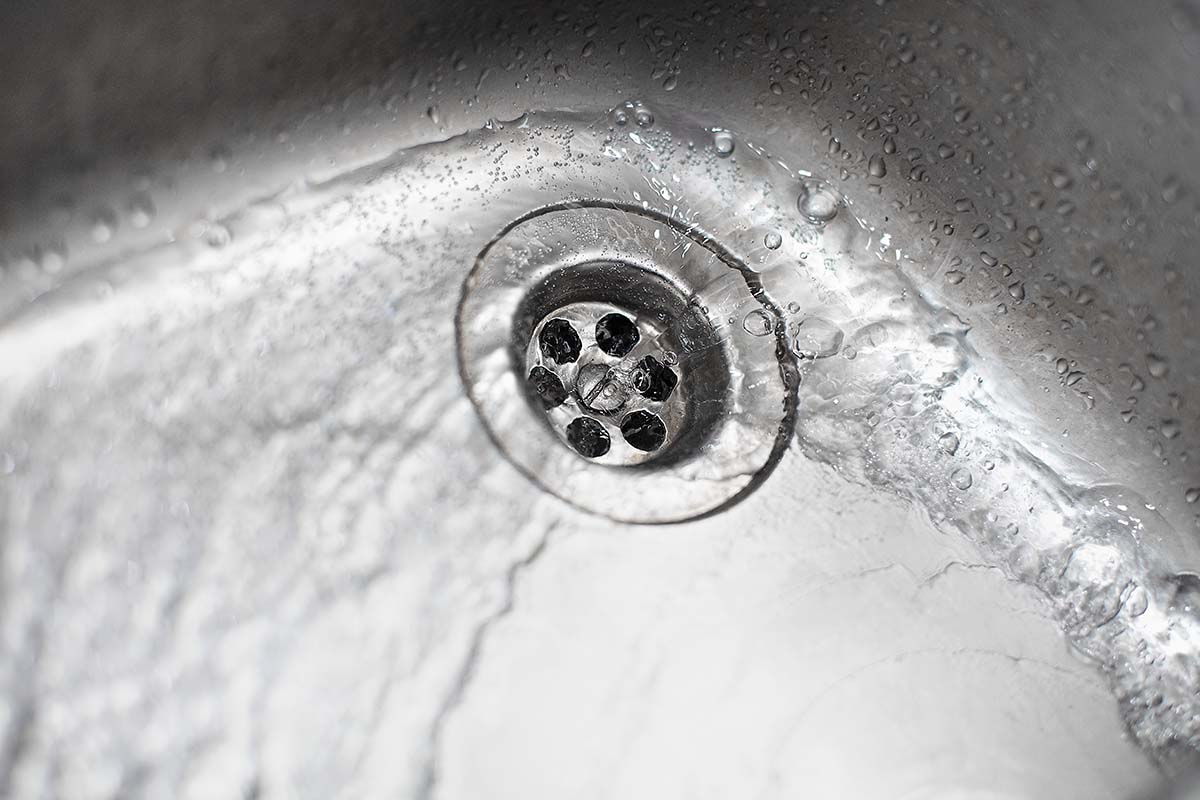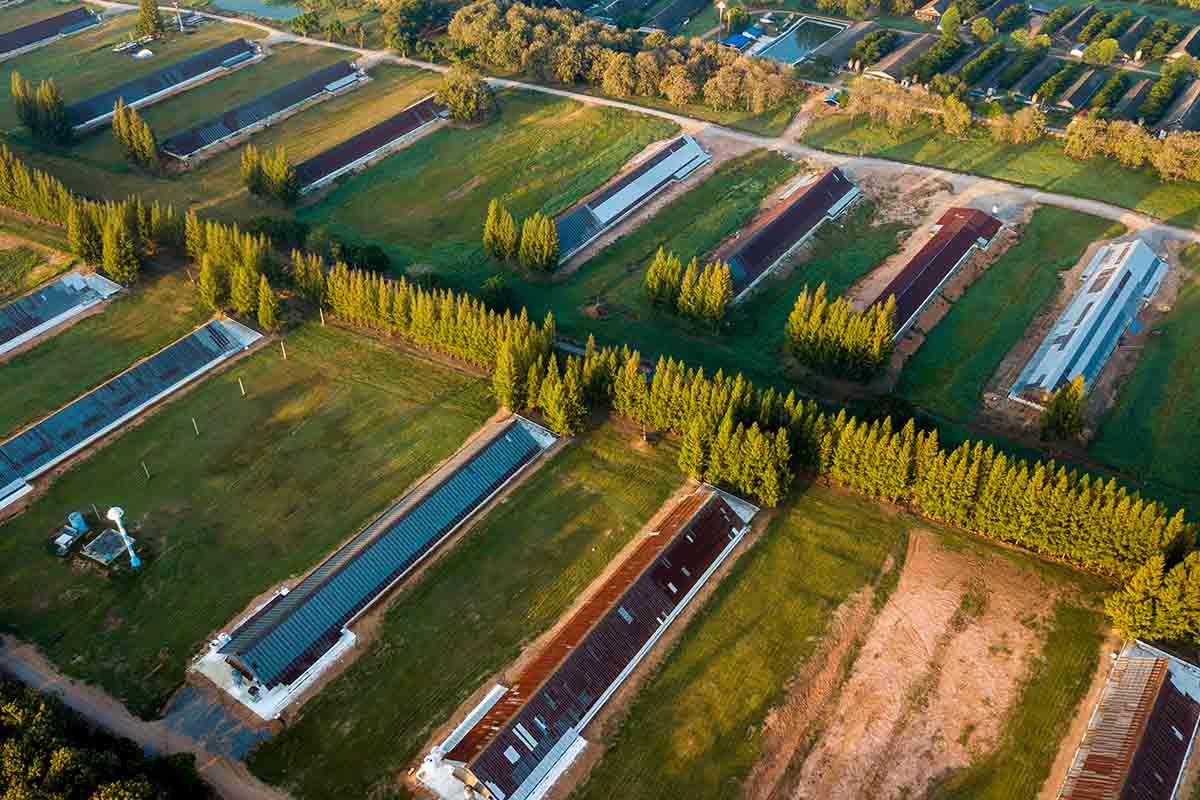Saving Big on Energy Bill
What are the biggest energy consumers in your household? If you’re like the average person, the heating and cooling system comes first, with the water heating system a close second. In fact, water heating costs can account for about 23% of your total energy bill. Wouldn’t it be nice to watch 23% of your bill shrink? Here are 4 tricks you can use to make this happen!
Insulate, Insulate!
After you’ve gone to all the expense of heading the water, you don’t want it to float away. Unfortunately, that’s exactly what will happen if you don’t have proper insulation around your hot water tank and pipes.
It might seem like a small thing, but it really makes a big difference over the course of a year. Just make sure not to cover important parts on the heater, such as the thermostats or burner compartments.
Run a Full Load
Efficient dishwashers actually use less energy and water than would be required to wash dishes by hand. However, this only proves to be true if the dishwasher is used correctly.
Only run a dishwasher with a full load and choose shorter cycles when applicable. You can also lower your whole house water temperature and use a booster on the dishwasher to ensure the water is hot enough to sanitize your dishes properly.
Fix All Leaks Immediately
Would you walk around with a hole in your pocket, leaving a trail of coins behind you? Absolutely not! So why would you let a leaky faucet continue running until you finally get around to fixing it? You’re letting money wash down the drain! You need to immediately replace bar sink faucets, sinks, and showerheads that come in many styles, sizes, and colors. You can choose something simple or a faucet with more design features.
You might wonder how much water a leak can actually waste. Well, a moderate leak of only one drip per second can waste more than 11,000 litres of water in a year!
Have a New System Installed
Did you know that a hot water tank typically only lasts between 8-15 years? If you keep it properly maintained, you might be able to squeeze a few more years out of it, but that’s about it for most systems.
If your system is reaching that mark, it may be a good idea to replace it. Newer systems run more smoothly, naturally making them more efficient. Plus, technology is getting better every year. Could you take advantage of it with a new system? Be sure to shop around first. Different water heaters have different efficiency rates, and one type may work better for your situation than another.
Saving on energy bill: Ready to save money?
Is that even a valid question? Of course, you’re ready to save money, and following these tips is a great way to do it! Trust us when we say you’ll be patting yourself on the back for a job well done once you receive your next energy bill.




















